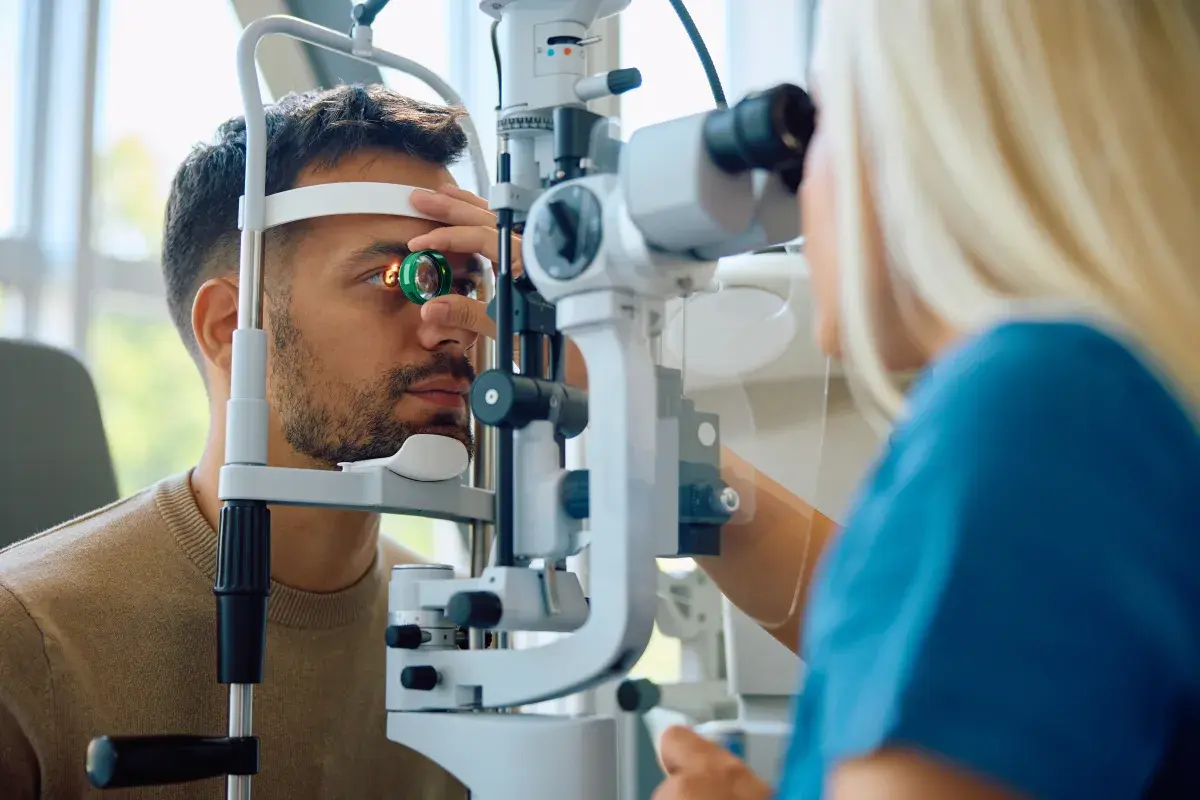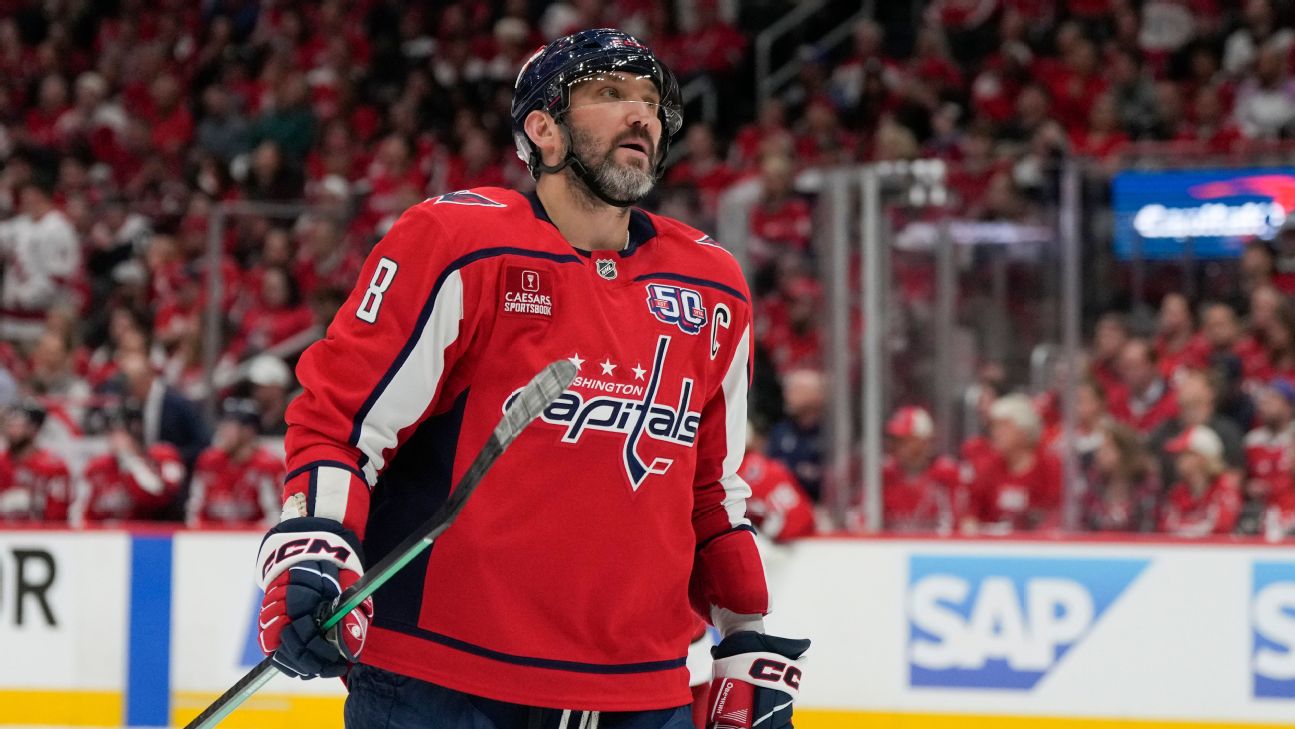
If you’re in your 20s or 30s, eye disease or vision care might not be high on your list of priorities. But experts warn that this is exactly the time to start protecting your sight to avoid serious problems later in life.
Newsweek spoke to two leading eye specialists who explained how everyday lifestyle choices can set the stage for poor eye health—and what you can do now to prevent blindness in the future.
The Centers for Disease Control and Prevention (CDC) cites 2017 research showing that about 93 million U.S. adults aged 18 or older—roughly 4 in 10—were already at high risk for vision loss. The numbers are expected to climb dramatically. According to a report in The Lancet, by 2050, population aging, growth and urbanization could push the number of people with distance vision impairment to an estimated 895 million worldwide, including 61 million who will be blind.
Screen Time Is Taking Its Toll
On average, those born between 1981 and 1996 spend 6 hours and 42 minutes a day on screens, according to Demand Sage data.
“More millennials are now presenting with problems from too much screen time. We’re seeing a significant increase in dry eyes due to reduced blink rate,” Dr. Scarlett, who is board-certified in Ophthalmology by the American Board of Ophthalmology, told Newsweek.
“Other problems include blurred vision, headaches, and difficulty focusing due to digital eye strain (asthenopia). Many people experience neck/shoulder strain associated with poor ergonomics. In addition, some suffer from sleep disruption due to late-night screen exposure and blue light.”
The American Academy of Ophthalmology warns of digital eye strain and long-term damage.
Dr. Jesse Willingham, a neuro-optometrist, told Newsweek: “If visual stress and digital eye strain are ignored, symptoms don’t just linger—they often worsen. The eyes may become more dependent on compensations, increasing the risk of developing permanent changes like progressing nearsightedness or worsening binocular vision issues.
“In some cases, what starts as simple fatigue or blur can lead to chronic headaches, reduced focus and attention, and an overall decline in visual efficiency. The earlier these issues are addressed, the easier it is to prevent long-term damage and restore comfortable, efficient vision.”
Lifestyle Habits That Threaten Your Vision
The CDC reports that among U.S. adults aged 18 and older, 12.6 percent of those aged 25–44 and 14.9 percent of those aged 45–64 smoke cigarettes either “every day” or “some days,” and have smoked at least 100 cigarettes in their lifetime.
Dr. Scarlett warned: “Smoking is the worst habit for eye health. It increases the risk of cataracts and accelerates age-related macular degeneration. It does so by damaging ocular blood vessels, worsening circulation to the retina and optic nerve.”
Willingham, an optometric physician and Founder at Brighter Outlook Vision, added: “Smoking reduces blood flow to the eyes and increases oxidative stress, which accelerates conditions like macular degeneration and cataracts.”
Stress is another factor weighing heavily on younger adults. Newsweek previously reported that 37 percent of Generation X and older respondents reported feeling highly stressed, 51 percent of Gen Z and millennials said the same, revealing that younger adults are grappling with even greater levels of overwhelming pressure.
Willingham said: “High stress elevates cortisol levels, which not only affects systemic health but can also worsen eye fatigue, blur, and even trigger issues like eye twitching or headaches tied to visual strain.”
Sleep habits are no less important. According to the 2025 Sleep in America® Poll (SIA Poll), six out of every ten adults do not get enough sleep. Nearly four in ten adults report having trouble falling asleep on three or more nights each week. Almost half of adults have trouble staying asleep at least three nights per week.
Willingham said: “Poor sleep can lead to eye strain, dryness, and difficulty with focusing, which, over time, makes sustained near work (reading, screens) much harder.
“Together, these habits can compound—making the visual system less efficient and less resilient over time. Our eyes are an incredible piece of technology, and we need to take care of them to keep them effective and healthy!”
How to Protect Your Eyes
Willingham shared the following tips to help counteract the risks:



